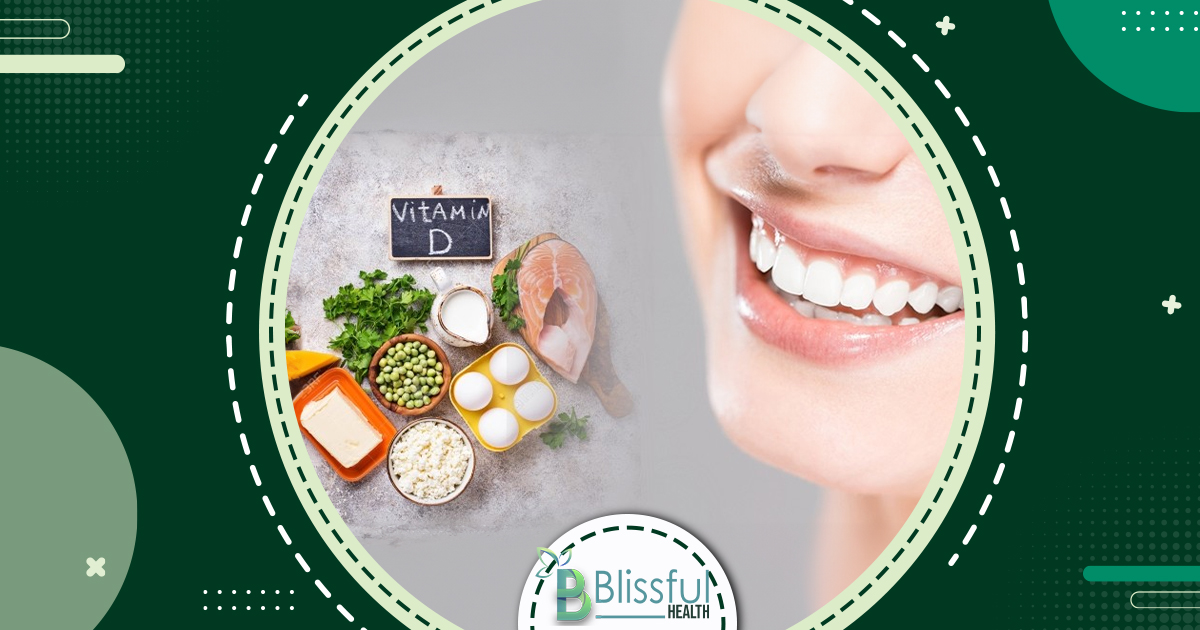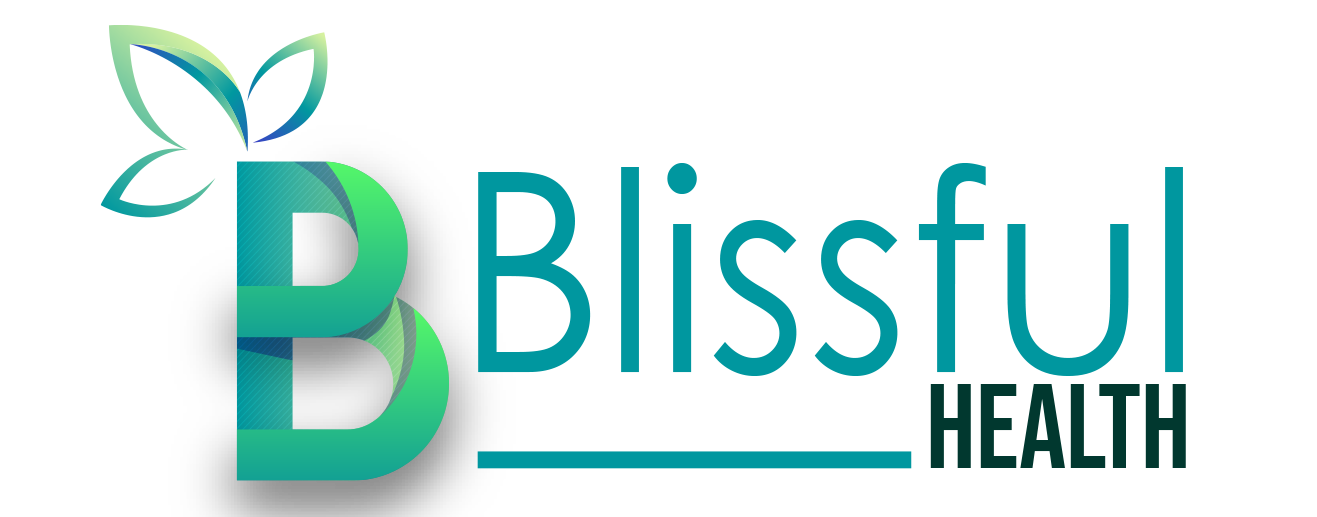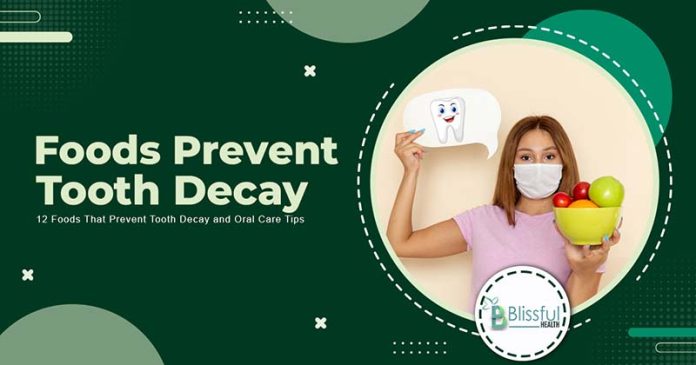A bright smile is not only a sign of confidence but also a marker of good oral health. Preventing tooth decay, commonly known as cavities, is essential for maintaining that radiant smile.
While regular dental checkups play a crucial role, your diet is equally important in fighting tooth decay. In this detailed guide, explore with Blissfulhealth 12 foods that prevent tooth decay and learn practical tips on how to integrate them into your daily diet to sustain a healthy smile, free from cavities.
12 Foods Good for Teeth
There are numerous healthy foods that are great for your teeth, helping to eliminate bacteria and acids while keeping them strong. Even if you have allergies or sensitivities, there are plenty of alternatives available. Let’s explore some of the best foods for your oral health
Fruits and Vegetables High in Fiber
Fiber-rich foods boost saliva production, crucial for breaking down food and neutralizing bacterial acid, which in turn prevents tooth decay. Additionally, these foods are packed with vitamins and minerals but are low in calories. They’re especially high in calcium and folic acid, essential for strengthening enamel and combating gum disease.
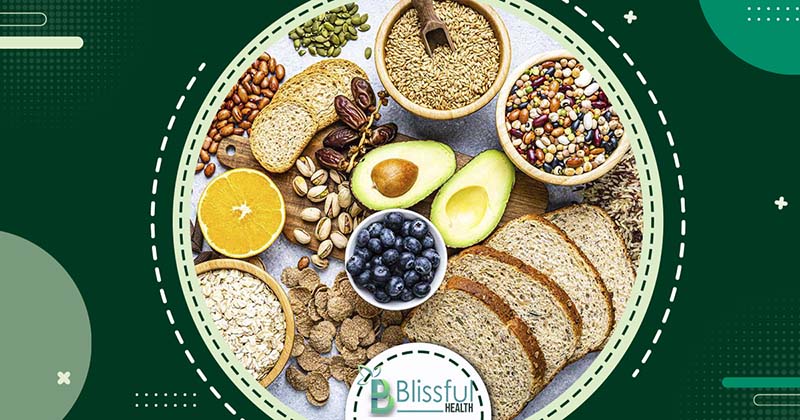
Dairy Products
Milk, yogurt, cheese, and other dairy products are not just tasty – they’re also excellent for strengthening tooth enamel and fighting off cavities. They’re rich in calcium and protein, as explained by Jeffrey Sulitzer, DMD, chief clinical officer with SmileDirectClub.
Plus, the National Institutes of Health (NIH) warns that not getting enough calcium can increase your risk of tooth loss. So, adding a bit of dairy to your diet could be a great way to keep your smile bright and healthy!.
Garlic and Ginger
These flavorful superfoods not only enhance the taste of your meals but also benefit your teeth, according to Catrise Austin, DDS, a dental expert with Listerine. Both onions and garlic possess properties that can reduce bacteria, thus lowering the risk of gum inflammation, tooth decay, cavities, and bad breath.
Cranberries
Cranberries are mouth-friendly due to their polyphenol content, which prevents bacteria from adhering to teeth. This leads to several oral health benefits, including reduced plaque buildup, lower sugar levels in the mouth, and decreased risk of gum disease.
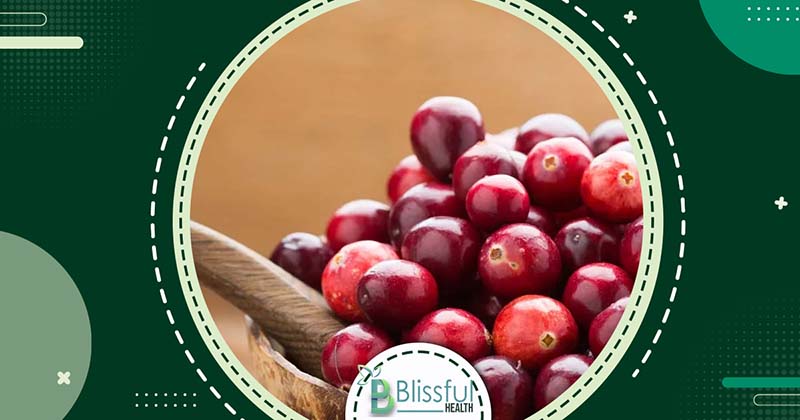
Fatty Fish
Fatty fish not only support brain health but also benefit your gums. Omega-3 fatty acids help boost the immune system and reduce inflammation, protecting gums against periodontal disease and teeth from harmful bacteria.
Green Tea
Green tea promotes healthy teeth and gums. Studies show that drinking green tea can lower the incidence of advanced gum disease, known as periodontal disease. It contains catechin, an antioxidant that reduces inflammation associated with periodontal disease.
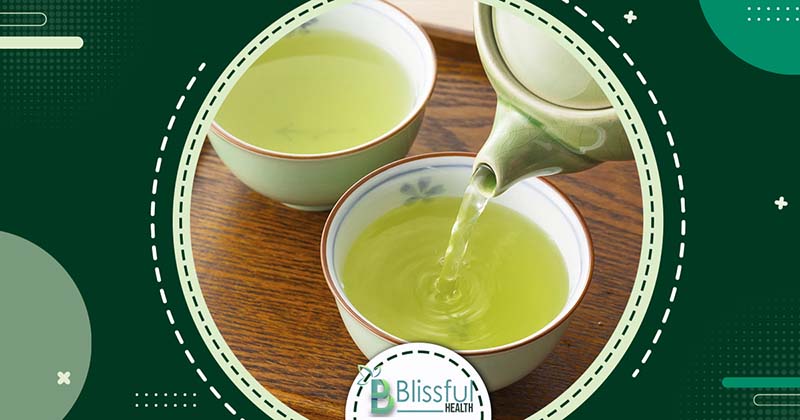
Leafy Green Vegetables
Spinach, collards, and turnip greens are loaded with vitamins and minerals that promote gum health, reduce inflammation, and safeguard tooth enamel. These nutrient powerhouses are rich in calcium, folic acid, and B vitamins, vital for maintaining good oral health.
Avocado
Avocados are rich in probiotic bacteria, which help combat harmful bacteria in the mouth. Introducing these beneficial bacteria helps maintain a healthy balance, reducing the risk of tooth decay and bad breath.
Dark Chocolate
Dark chocolate contains polyphenols, natural chemicals that inhibit the growth of oral bacteria. These polyphenols also prevent oral bacteria from turning sugars into acid, which can erode tooth enamel. The neutralizing effects of dark chocolate can also help eliminate bad breath.
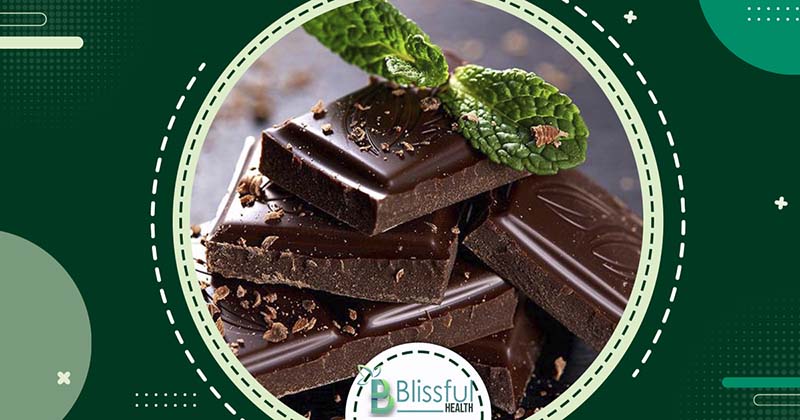
Xylitol
Xylitol, a natural sweetener derived from plants, protects teeth from decay by preventing bacteria from sticking to them. It’s an excellent alternative to sugar for patients with diabetes and is safe to use during pregnancy and while nursing.
Water
While water isn’t technically a food, it’s essential for oral health. Drinking water helps wash away food particles and bacteria from your mouth, aiding in the prevention of tooth decay.
Fluoridated water provides extra protection against cavities by helping to prevent the weakening of tooth enamel. Plus, it’s a calorie-free, sugar-free option compared to sugary beverages that can cause tooth decay.
Nuts
Nuts are packed with nutrients, with some varieties like macadamia nuts, pistachios, and sesame seeds being particularly beneficial for gum health due to their high omega-3 content and anti-inflammatory properties.
Maintenance Tips to Protect Oral Health
Maintaining good oral health is essential for overall well-being. Here are some maintenance tips to protect oral health:
Brush Your Teeth Twice a Day
It’s important to brush your teeth twice a day, but be gentle! Brushing too hard can damage your tooth enamel and gums. Consider using toothbrushes with soft bristles for a more gentle clean.

Use Dental Floss
Don’t forget to floss regularly. Flossing not only removes food particles stuck between your teeth but also stimulates your gums, reduces plaque, and lowers inflammation. Flossing once a day is typically enough to enjoy these benefits.
Eat a Healthy Diet
Your diet directly impacts your oral health. While some foods can harm your teeth, others can work wonders. Calcium, phosphorus, and vitamin D are essential for strong, healthy teeth.
Dairy products like cheese, yogurt, and milk are excellent sources of calcium, while nuts, meat, poultry, eggs, and fish provide phosphorus. Vitamin D, which aids in the absorption of calcium and phosphorus and reduces gum inflammation, can also be found in these foods.
Scrape Your Tongue
For extra cleaning power, consider using a tongue scraper in addition to brushing. Start at the back of your tongue and gently scrape toward the front to remove bacteria and debris.
Visit the Dentist Regularly
Regular dental check-ups, ideally every six months, are crucial for maintaining oral health. Dentists can clean your teeth, check for cavities, provide guidance on oral care practices, and more.
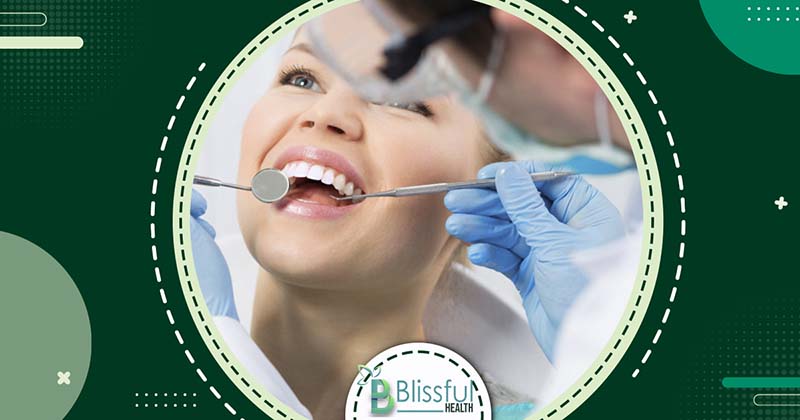
Use Mouth Rinse
Mouth rinse complements brushing and flossing by reducing mouth acidity, remineralizing teeth, and reaching areas that are difficult to clean. Look for mouth rinses containing active ingredients that promote oral hygiene.
Limit Sugary Foods And Starches
Sugar and starchy foods can lead to cavities and tooth decay. Limit your intake of sugary treats and processed foods, and opt for fiber-rich fruits and vegetables as well as unsweetened dairy products instead.
Chew Sugar-free Gum
Chewing sugar-free gum after meals helps neutralize acids in the mouth and stimulates saliva production, which aids in washing away acids and food particles. Look for gum with artificial sweeteners to boost saliva production without contributing to tooth decay.
Avoid Tobacco Products
Avoid chewing cigars, tobacco, snuff, and unprocessed tobacco leaves, as they contain abrasive particles that can wear down your teeth over time. Regular tobacco use increases the risk of tooth decay and other oral health problems.
Conclusion
To ensure our smiles remain radiant and our gums stay healthy, prioritizing oral health is essential. This means not only adhering to routine dental check-ups and practicing daily brushing and flossing but also minimizing sugar intake to ward off tooth decay.
Importantly, incorporating Foods That Prevent Tooth Decay into your diet can serve as a proactive measure to avoid the onset of cavities. By giving your oral health the care and attention it deserves, you can enjoy a lifetime of confident, beautiful smiles.
